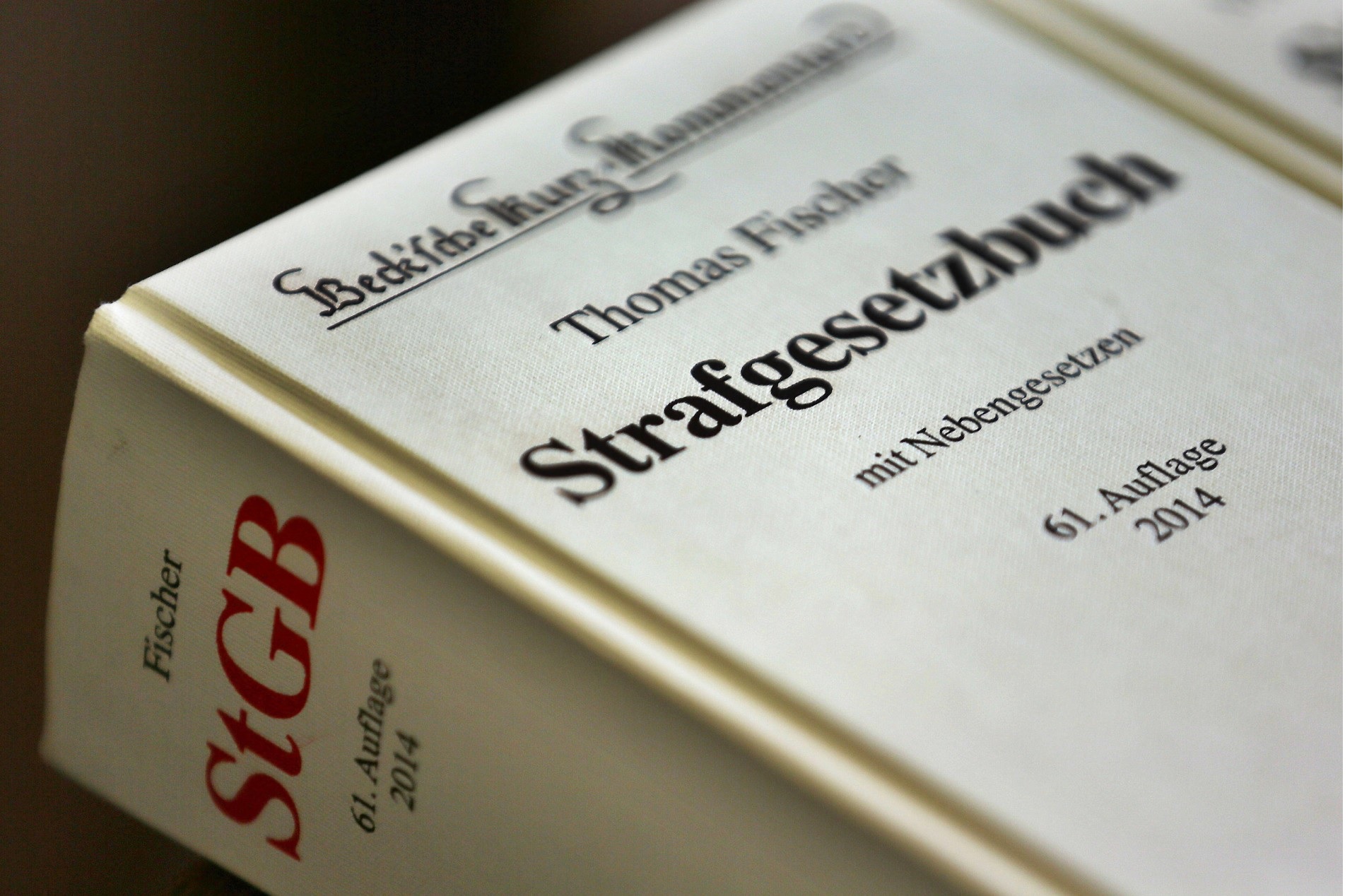The story of Paragraph 175 ended in 1994, when it was finally abolished. The bizarre thing: Until that time, homosexual acts between men were officially punishable in Germany as well.
Those who were caught committing such a "crime" often had to go to prison. Moreover, not infrequently his professional and social existence was destroyed.
Those who were affected by the effects of Paragraph 175 have been able to apply for compensation since 2017.
Paragraph 175: A law with a long history

The history of Paragraph 175 goes back to the German Empire. In the 1870s, homosexual acts between men were made punishable. Until the end of the First World War alone, there were quite a few convictions based on this paragraph. But already during the Weimar Republic the discussions about this law became more and more heated. While some wanted to abolish the paragraph already at that time, it did not go far enough for others.
In the mid-1930s, those who wanted to tighten Paragraph 175 even further finally prevailed. The result: From now on, it was not only forbidden for a man to touch other men in an erotic way, but also to exchange corresponding glances. Anyone who was "guilty" of this could be reported. Many men were eventually deported to concentration camps, where death awaited them in numerous cases.
Paragraph 175 continued to be adopted after the war. Only the year 1969 represents a clear break here. At that time, it was determined that consensual sexual acts between men older than 21 years of age were to be considered "exempt from punishment.
In the former GDR, Paragraph 175 was completely deleted as early as 1968. The legal details for homosexual and heterosexual acts were regulated here via Section 151 of the Criminal Code.
Then, in 1994, it was decided that said paragraph should be dropped in the future.
Homosexual people under paragraph 175
During the time when Paragraph 175 was active, many queers also faced a lot of social pressure. For many, the motto "If it's forbidden by law, it must be very bad" applied here. The scene was under observation of the police, but also the rest of society.
Many men did not know how to help themselves and decided not to show their sexual orientation to the outside world. The pressure on them was enormous. At that time, numerous people saw no other way out than to kill themselves.
Anyone who had once been convicted under Paragraph 175 was considered to have a criminal record. And it was precisely this that resulted in further restrictions, for example in professional terms. Over a long period of time, numerous victims tried to come to terms with their persecution on the basis of this discriminatory law. Some with more, others with less success.
Paragraph 175: This is how those affected can be compensated
Since 2017, people who were affected by Paragraph 175 because they were convicted and/ or had to serve a prison sentence have had the opportunity to be compensated. At the same time, the fates of the men are to be documented.
The first point of contact for rehabilitation is the relevant public prosecutor's office. However, anyone who was "only" in custody but not sentenced is not entitled to compensation.
With regard to further questions, the public prosecutor's office will help. The amount of compensation varies depending on the case.

Yes, fortunately, we have really developed in the right direction. To put homosexual contacts under punishment is like in the middle ages